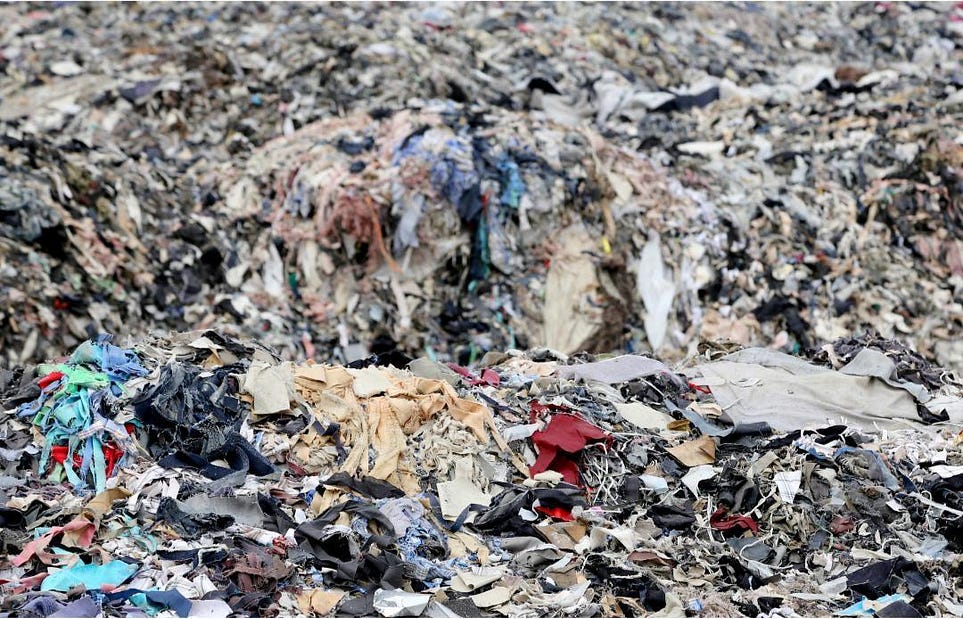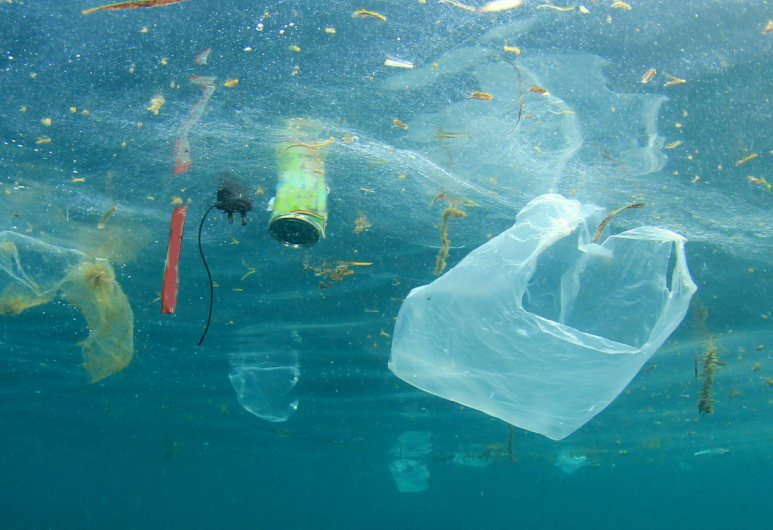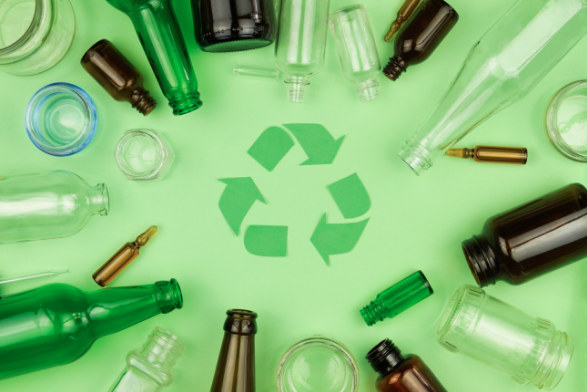
Textile/fabric recycling is the reprocessing of the non-usable fabric to a usable form. Overall fabric waste has risen sharply due to the expansion of the clothing and textile industries as well as the fast fashion trend among consumers. Globally, the fashion industry pumps out 100 billion garments annually.
Yet only 12% of used textiles or clothes are mechanically recycled (cutting or shredding into fibers), and less than 1% is chemically recycled back to reuseable raw materials. 87% of unwanted clothes are thrown and sent to landfills
Why should we recycle textile/fabrics?
Natural fibers might take several weeks to several years to degrade in landfills. Most of the clothing made of synthetic fibers, comprises of plastic which might take years, or may never totally decompose. These will also emit CO2 and methane gas into the atmosphere when left in landfills and eventually be the cause of environmental deterioration.
Types of Textiles waste that can be recycled:
- Pre-Consumer textile waste and post-consumer textile waste
- Pre-Consumer Textile Waste: By-products of yarn and fabric manufacture
- Post-Consumer Textile Waste: Includes garments, vehicle upholstery, carpets, towels, bedding, purses and more
Benefits of textile/fabrics recycling
Recycling of textile/fabrics waste will recover the re-usable raw materials that can be used as raw materials for creating new clothes and thereby promoting a circular economy.
The recycling strategies of upcycling and closed-loop recycling can best conserve resources including raw materials, water and energy while having a minimal negative impact on the environment.
Recycling clothes reduces the factors that contribute to climate change because when they are disposed of in landfills, they produce greenhouse gasses.
Therefore, recycle your old clothes and give them a second chance. This way we are all doing our bit in supporting a circular economy.
Get More Info : laptop recycling in dubai
Website : https://yesfullcircle.com/
Contact Us : E-waste Recycling Service in Dubai





